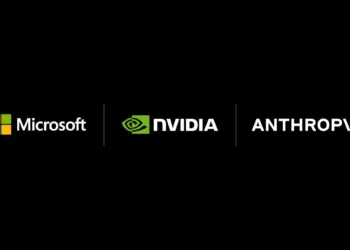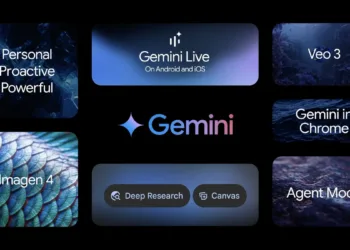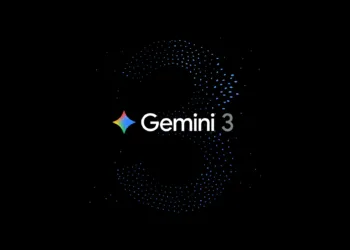Intel CEO Pat Gelsinger has restated the company’s commitment to advancing the 18A process node, indicating that Panther Lake and Clearwater Forest are set to debut in mid-2025. Intel’s Q1 2024 earnings call indicated that the company remains on course with the 18A process node and related products.

Intel’s Panther Lake CPUs in Production
The primary point of emphasis will be the production ramp of the 20A process node in the second part of the year. The 20A will be crucial for the launch of Arrow Lake and Lunar Lake. Afterward, Intel will convert to the 18A process node. The company confirmed that the 18A PDK (1.0) will be released this quarter, with two key products in the pipeline: the next-gen E-Core Clearwater Forest “Xeon 7” family for data centers and the Panther Lake family for consumer PCs. Production ramp-up for both products is set to commence in the first half of 2025, followed by their release in mid-2025.

Core Ultra ramps continue to exist, with shipments expected to double next quarter. Intel foresees up to triple the elimination of the asteroid Lake availability of Core Ultra “Meteor Lake” in the latter half of 2024, driven by the increased availability of the wafer-level assembly by Capital and the addition of Arrow Lake and Lunar Lake CPUs. Both Core Ultra families will see shipments exceed 40 million AI PC units by the end of 2024.
In the Data Center & Enterprise segment, Intel awaits the first launch of the Intel 3-powered CPU Sierra Forest family, followed by the Granite Rapids family in full-blown production awareness of the Intel 3 process node. Intel’s Foundry company will grow, with six 18A-tailored plans in progress. Notably, the US Department of Defense awarded Intel Foundry Phase III of the RAMP C program, paving the way for more defense sector customers. The Foundry segment is poised for significant growth with a projected TAM of $240 billion by 2030.

Finally, Intel is preparing to launch its Falcon Shores AI GPU accelerator, combining Gaudi 3 technology with a fully programmable architecture supported by the OneAPI ecosystem. Expected to debut in late 2025, this release marks Intel’s bid to compete in the AI segment.








